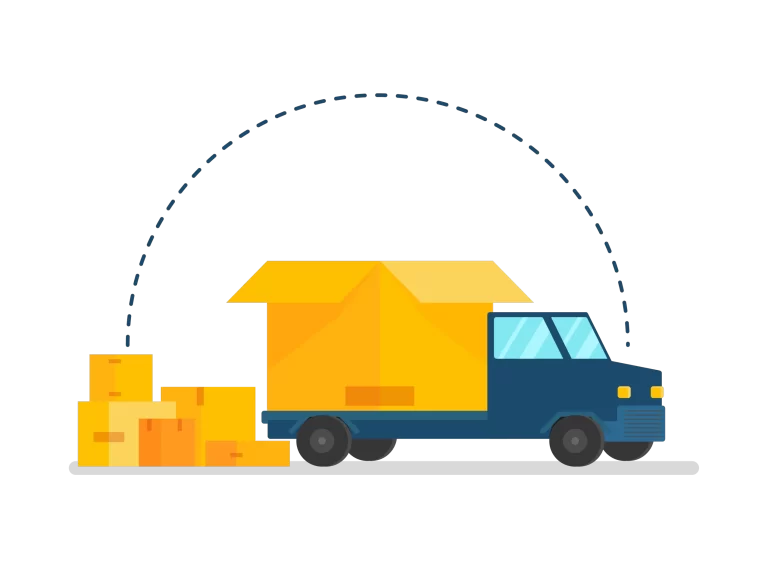Major Types of Freight Transportation in Burundi?
Freight forwarding services in Burundi play an important role in the country’s trade and logistics, utilizing multiple modes of transportation to confirm efficient cargo movement. Road freight remains the primary approach, as Burundi heavily depends on road transport to access neighboring ports. Many freight forwarding companies operate on this route, simplifying shipments under international trade agreements such as the Generalized System of Preferences (GSP), which provides tax benefits for eligible goods. For time-sensitive shipments like medical and IT equipment, air freight is a preferred option, with cargo forwarders operating through Bujumbura International Airport. Also, lake transport via Lake Tanganyika supports trade with Tanzania and the Democratic Republic of Congo, using ships and barges for bulk cargo. While still a developing option, rail transport is gaining attention as Burundi advances railway connectivity projects to link with East African ports. Businesses involved in freight forwarding frequently use international trade terms such as DAP (Delivered at Place) and categorize goods under the HS code for smooth customs clearance.. These diverse transportation options collectively increase Burundi’s logistics network and allow more efficient and aggressive trade operations.
How to book a freight forwarder in Burundi?
Businesses looking to book freight forwarding services should start by identifying their specific requirements, including the type of cargo, preferred transportation mode, and necessary Incoterms such as DAP or DAPS. Choosing a dependable freight forwarder with experience in Burundi’s trade regulations is important to confirming a smooth shipping process. Understanding customs regulations, including agreements with the Harmonized Tariff Schedule (HTS), will help simplify efficient customs clearance. To improve costs, businesses should request reasonable pricing from multiple cargo freight forwarders. Once a provider is selected, confirming the booking and confirming all necessary shipping documents such as invoices, packing lists, and trade licenses are in order is necessary. Finally, businesses should utilize logistics tracking tools to monitor the movement of their cargo and stay informed about expected delivery times.
Insights into the IT, Aviation, Medical, and Automotive Industry in Freight Forwarding
IT Industry: The demand for IT equipment is growing, requiring specialized freight forwarding service solutions to confirm the timely delivery of sensitive electronic equipment.
Aviation Sector: Burundi’s aviation industry depends on efficient cargo forwarding services for spare parts, aviation electronics, and maintenance supplies. Also, cargo forwarding services confirm that urgent shipments, such as aircraft spare parts, reach their destination on time.
Medical Field: The import of medical devices requires temperature-controlled freight forwarding services, confirming regulatory approval. Manufacturers must classify their products correctly using the HS code system to confirm smooth international shipping
Automotive Industry: The automotive sector depends on air forwarding and road logistics to transport spare parts, vehicles, and manufacturing components. Freight forwarding companies and cargo forward services help transport vehicles and components across continents.
DID YOU KNOW?
In 2023, Burundi imported goods worth about 1.15 billion US dollars. In 2023, Burundi exported goods worth about 204.19 million US dollars.





